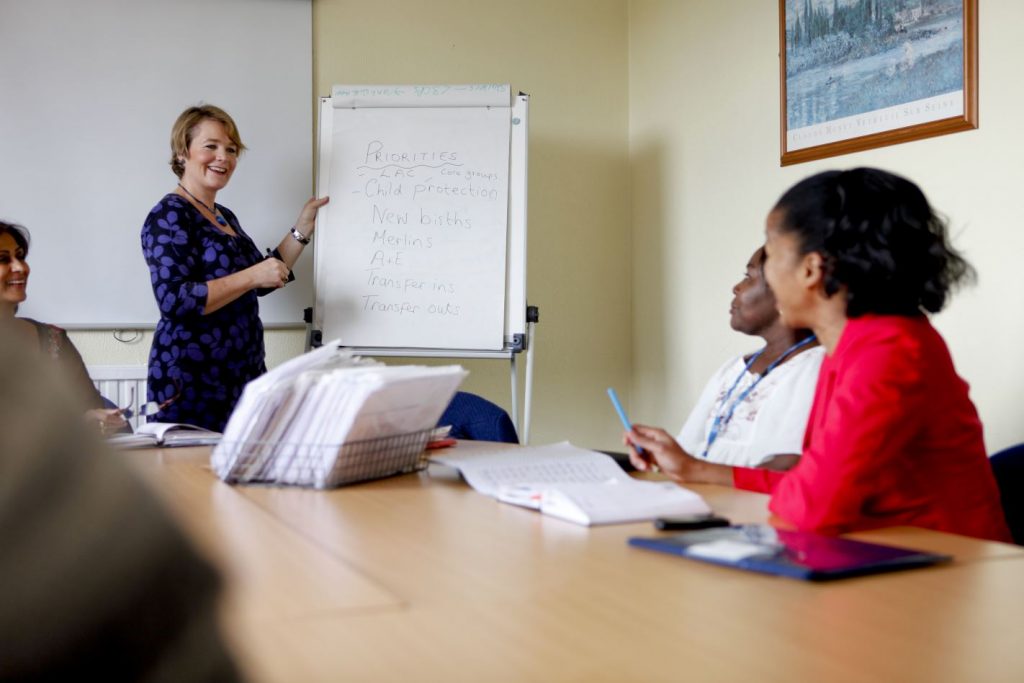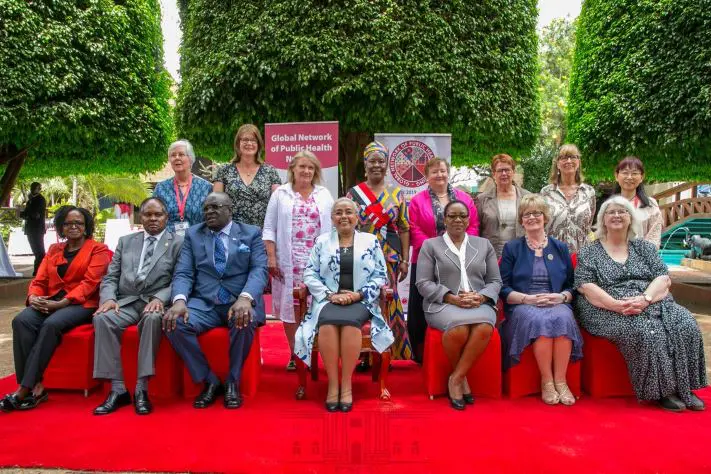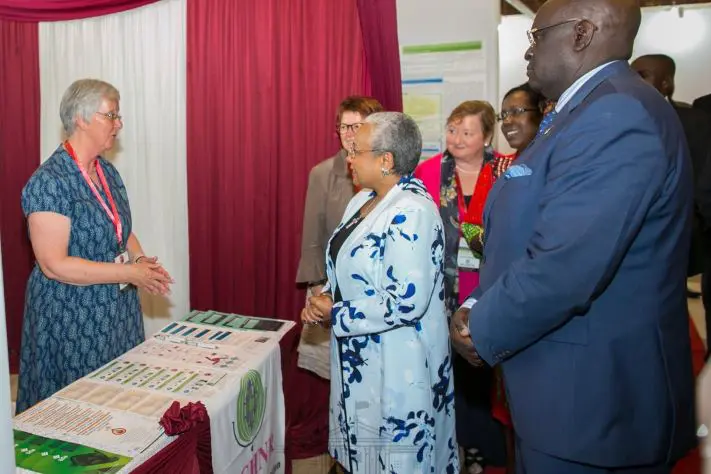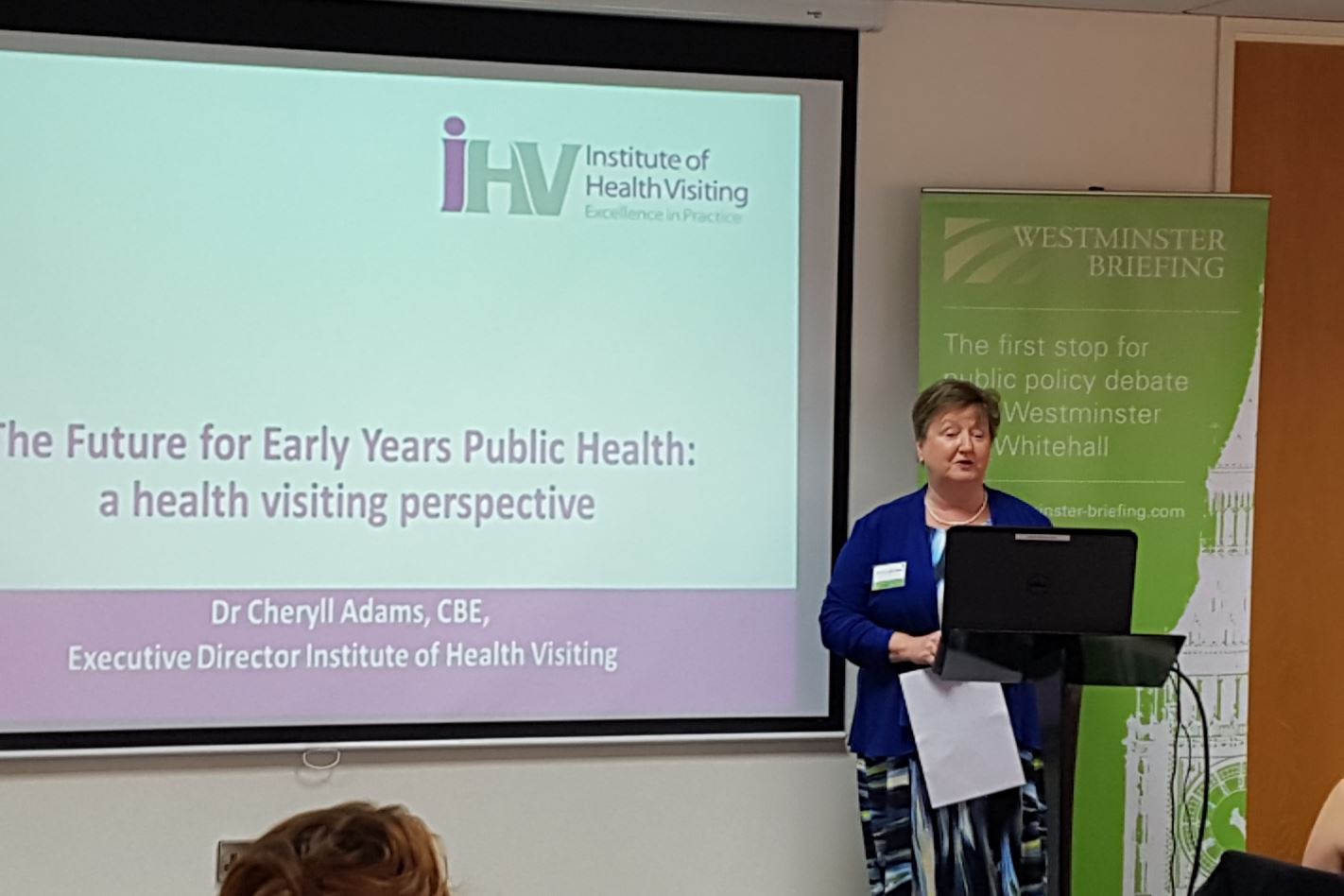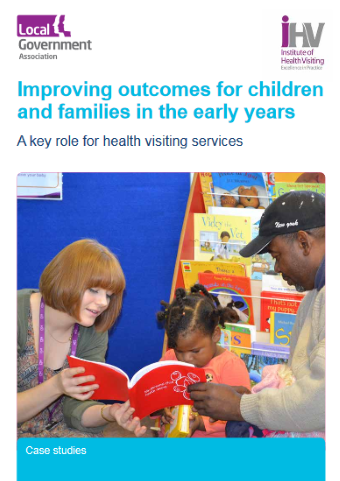iHV is a signatory to a letter, lead by the Royal College for Paediatric and Child Health (RCPCH), which was sent to the Health Service Journal (HSJ) in response to an article written last week about how public health cuts are damaging to child health.
The HSJ investigation revealed that services aimed at children and young people are bearing the brunt of cuts to public health spending by local authorities.
Overall, their analysis identified planned spending reductions worth £50.5m in 2016-17, across 77 local authorities which provided information. Of the £50.5m cuts in 2016-17, the biggest single area was a £7m reduction to services directly aimed at improving the health of children and young people, such as health visiting, school nursing and childhood obesity programmes. These represented 14% of the total.
The letter signed by 12 leading specialists, warned that any spending cuts imposed by local authorities could have a “significant impact on the future health of children”. Scaling back spending on health visitors, child obesity programmes and school nurses will have a detrimental effect on the future health of children and young people in the UK it said.
A copy of an article in relation to this can be found on the HSJ and you can see a copy of the letter in full on the RCPCH’s website.
The letter is also shared below:
Dear Sir,
At a time where child wellbeing in the UK ranks a poor 16th out of 29 income rich countries, putting us below Slovenia and the Czech Republic, children are becoming overweight or obese earlier and breastfeeding rates are deemed the worst in the world, it is highly concerning to learn that of the £50.5m spending reductions planned for 2016-17 by local authorities, the biggest single area affected was services directly aimed at improving the health of children and young people (‘Children’s services hardest hit by public health cuts,’ 4 July 2016). Cuts are also affecting services for pregnant women such as smoking cessation and this could have a significant impact on the future health of children.
If we are to improve outcomes for children and young people in the UK, then it is vital that services provided by local authorities such as health visiting, school nurses and weight management programmes are protected. Without them, obesity rates will rise and the associated health costs will spiral, breastfeeding rates will fail to get better and thousands of babies each year will miss out on the many benefits it provides. In addition, obesity prevention, school nurses and health visitors are all important in the prevention and early detection of mental health problems, so these services are vital for maintaining both the physical and mental health of our children. We call on Government to invest in child health now because by doing so, it will protect the future health of the nation.
Professor Russell Viner, Officer for Health Promotion, Royal College of Paediatrics and Child Health (RCPCH)
Shirley Cramer, CEO, The Royal Society for Public Health (RSPH)
Professor John Middleton, President of the Faculty of Public Health
Sarah Carpenter, head of Health, Community Practitioners’ & Health Visitors’ Association
Sarah Carpenter, head of Health, Unite
Dr Ingrid Wolfe, Chair, British Association for Child & Adolescent Public Health
Janet Davies, Chief Executive & General Secretary at the Royal College of Nursing
Dr David Richmond, President, Royal College of Obstetricians and Gynaecologists (RCOG)
Dr Cheryll Adams, CBE, Executive Director, Institute of Health Visiting
Cathy Warwick, CEO, Royal College of Midwives
Jane Barlow, President, Association of Infant Mental Health
Stephen Dalton, Chief Executive, NHS Confederation
Bernadka Dubicka, Vice-chair, faculty of child and adolescent psychiatry, Royal College of Psychiatrist, Honorary reader, University of Manchester; Consultant psychiatrist, Lancashire Care Foundation Trust
Prof Karen Middleton, chief executive of the Chartered Society of Physiotherapy
